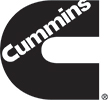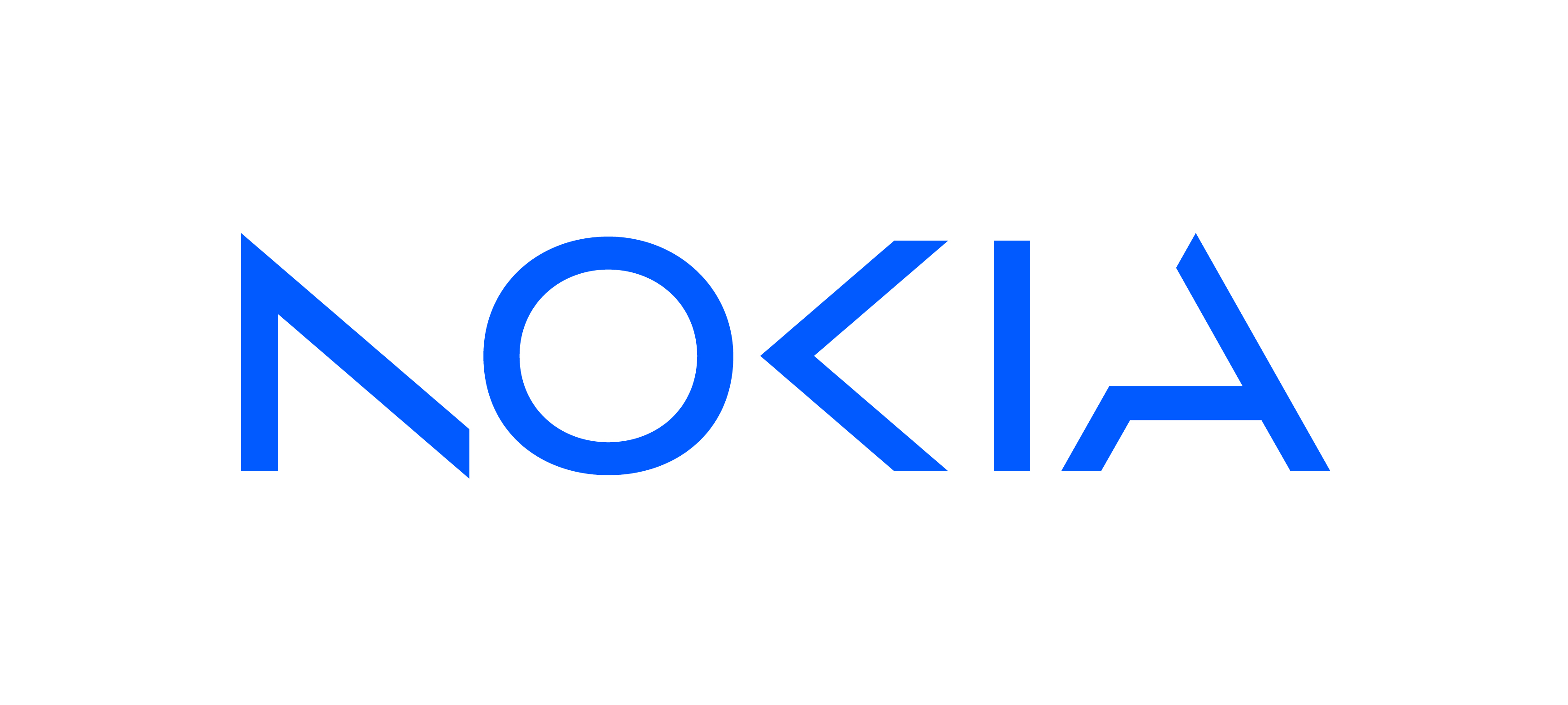 Privilege
Privilege
If a client is involved in litigation in a common-law country, then discovery (disclosure) may be sought of his communications with IP advisers. Clients have encountered serious and often insuperable obstacles to asserting privilege against such discovery with respect both to local advisers and to foreign ones. These obstacles are essentially unique to IP cases because (a) internationalised IP activity is the norm, and (b) so-called “non-lawyer” patent and trade mark attorneys/agents[1] are trusted major providers of IP legal advice and drafting. Privilege in general is in the public interest, and the anomalies which have arisen are accordingly contrary to the public interest. In the UK, these anomalies have been rectified to a limited extent in CDPA s. 280 and TMA s. 87, but much remains to be done both in the UK and elsewhere. (An extended discussion, albeit to be read in the light of the recent developments reported below, can be found in Trends and Events, December 2010, pages 24–27.)
[1] “So-called” is a reference to the UK situation. The Legal Services Act 2007 treats barristers, solicitors, patent and trade mark attorneys, and other specified legal professionals all as “lawyers”.


































